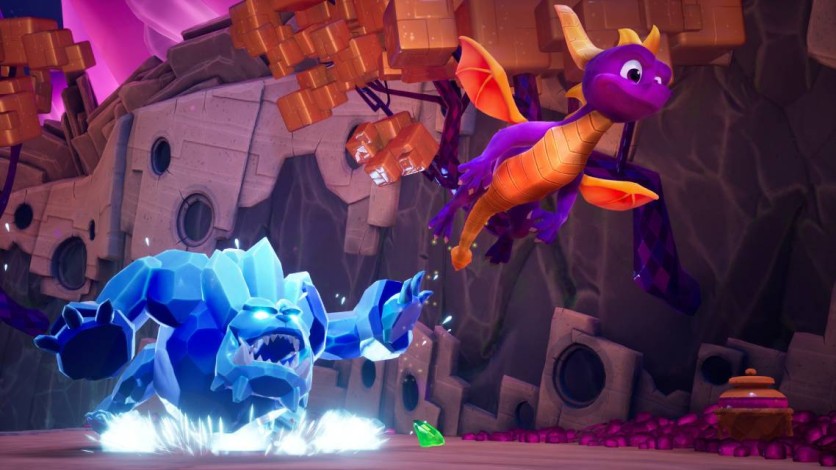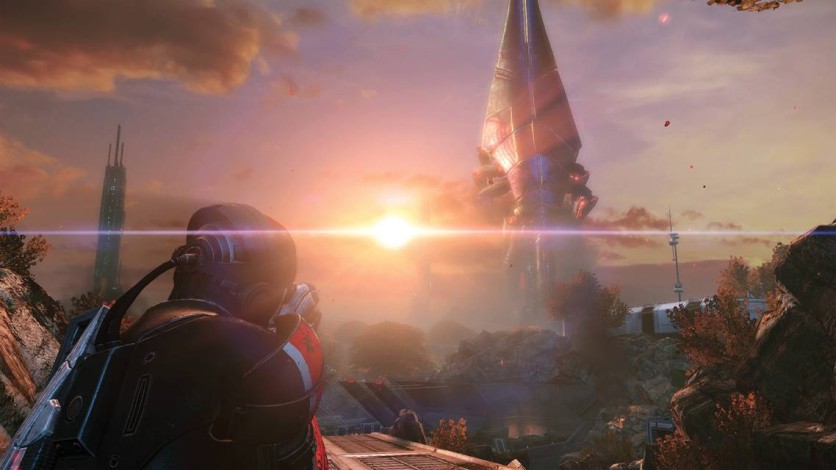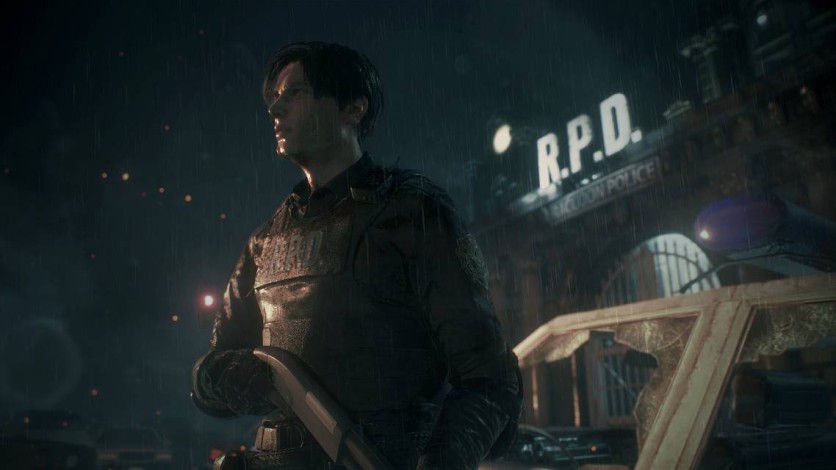Mass Effect Legendary Edition is a brand-new episode in this season of video game remakes and remasters. And it's one that a lot of fans are excited about, too. The original mass Effect trilogy itself is one of the best in the history of video games, and it's understandable why a lot of its avid fans want to see it remade for the next-generation of hardware.

Nowadays, a lot of developers have been doing the same thing. But is it a good or bad thing for the industry? Let's take a closer look.
On the Case of Mass Effect
The main reason for remasters and remakes being prevalent these days is the existence of new, powerful gaming hardware. Sony's PlayStation 5, Microsoft's Xbox Series X/S, and AMD/NVIDIA/Intel's tech shenanigans are continuously pushing visual quality and gameplay elements to a whole new level.
According to VG247, many development studios who were the original makers of classic games see this as an opportunity to make good on the original visions of their old projects. With the advent of powerful gaming hardware and software, they're keener than ever at reinstating cut content and letting go of compromises that previously marred their game in the first place.
As for Mass Effect, it's more or less the same. The original one, launched in 2007, had a really great story that was more or less limited by the technology of its time. Loading times were ridiculously long (oh, the elevator rides in the Citadel), textures looked muddy, and gameplay elements were a little rough around the edges. Fans were basically longing for a better, more polished experience ever since.

It was the reason why the entire original Mass Effect trilogy has been under the care of the modding community for years. In fact, Bioware themselves used fan-made mods as guides when they were working on the enhancements for the Legendary Edition. This tangible demand for remasters and remakes is what developers and publishers want to take advantage of. And frankly, no one can blame them.
Are Video Game Remakes Good for the Industry, Even?
Many critics argue that remakes and remasters are forcing developers to become stagnant. Instead of coming up with bold, fresh ideas, they're relying on what's already there to make a quick buck. There is some truth to this, but obviously, that's not all of it.
IGN argues that video game remakes get a bad reputation because of how sucky and horrible movie remakes are. The thing is, video games and movies are two completely different forms of media. One is interactive, and the other is passive. A video game will have new gameplay mechanics and a fresh new look that a player will be able to experience and interact with firsthand. As for a movie remake, you'll never have the same experience.
GameInformer agrees with this concept as well. Take for instance, a game like the OG Resident Evil 2. A remake of this title would work really well because the developers understand how gaming technology evolves. They know they can't use the old tricks that made RE2 innovative back in 1998, because the tech is extremely outdated by now.

What the developers do have these days is the option to anticipate what's going to be exciting for gamers to play in the future. They know that the story is going to hold up to modern standards, and all they have to do is help the visuals and the gameplay mechanics catch up.
Remakes and Remasters are Here to Stay
Like it or not, video game remakes and remasters are here to stay for the foreseeable future. There will always be a collective of fans who will love the old games they played years ago, and would like to see them brought to the new generation of gaming hardware. There's nothing wrong with that. Plus, brand-new Ips are popping up, too, so it's not like we're only stuck with classic games being re-released.
There is also the chance that game remasters/remakes will offer developers a chance to explore fresh ideas, which will help them when developing new IPs down the line. One can say that it's a win-win situation.
This article is owned by Tech Times
Written by RJ Pierce




![Most Useful Google Chrome Keyboard Shortcuts You Need to Know to Improve Your Browsing Experience [2024]](https://d.techtimes.com/en/full/449047/most-useful-google-chrome-keyboard-shortcuts-you-need-know-improve-your-browsing-experience-2024.jpg?w=184&h=103&f=476d29fd60df70a67f6679f99a2ca6d0)